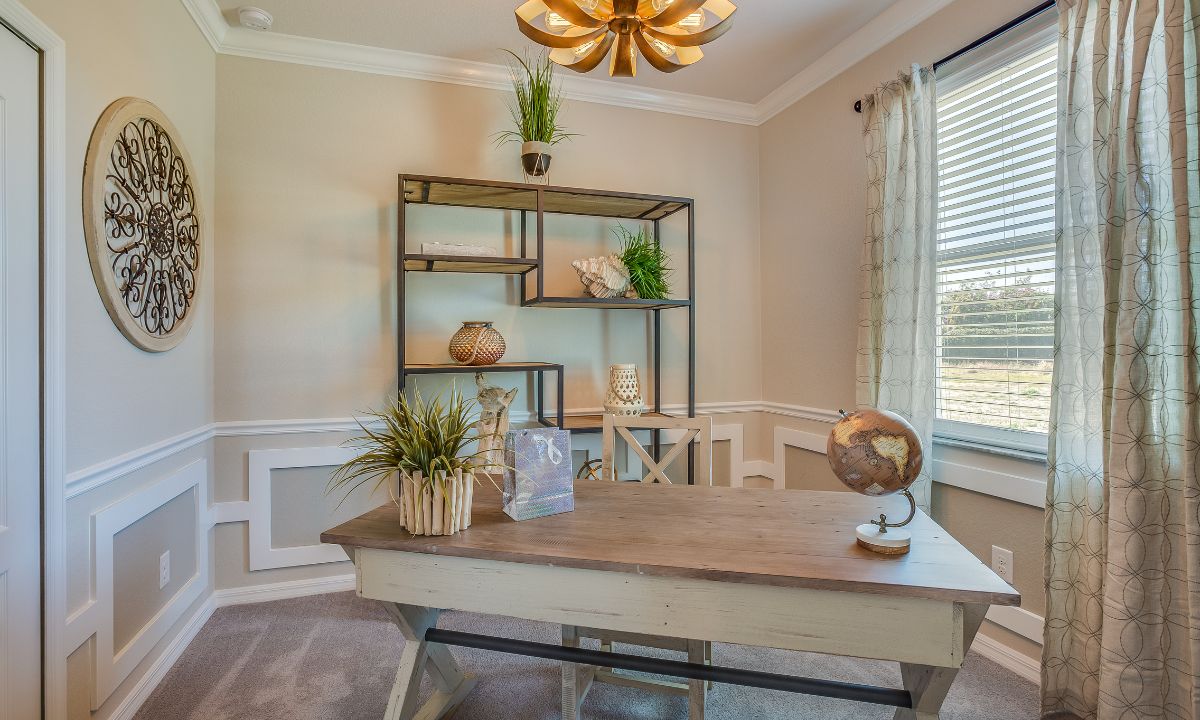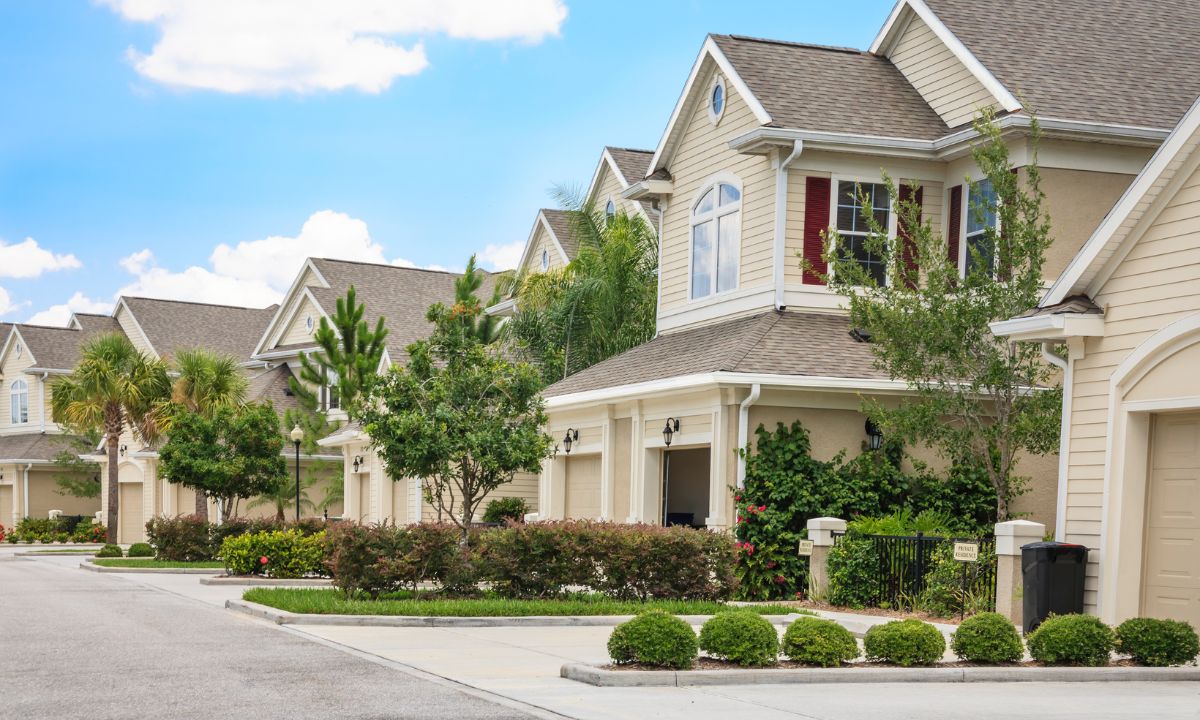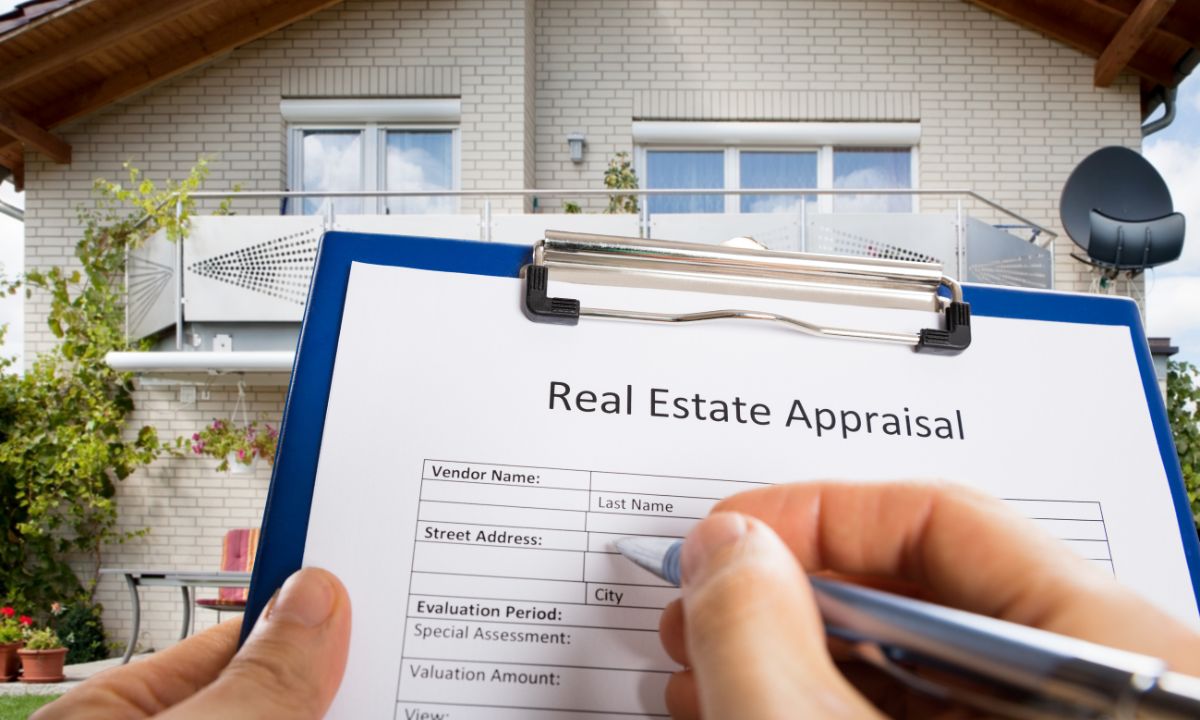 When purchasing a home, many elements shape the decision-making process, and for countless buyers, school districts are at the top of the list. Quality education access not only influences family decisions but also has a profound impact on property values. Whether you’re a family prioritizing educational opportunities, an investor focused on appreciating assets, or a homeowner thinking about resale value, understanding how school districts affect home values is crucial. This guide explores the connections between school districts and property values, delving into buyer priorities, market demand, community stability, investment potential, and resale value.
When purchasing a home, many elements shape the decision-making process, and for countless buyers, school districts are at the top of the list. Quality education access not only influences family decisions but also has a profound impact on property values. Whether you’re a family prioritizing educational opportunities, an investor focused on appreciating assets, or a homeowner thinking about resale value, understanding how school districts affect home values is crucial. This guide explores the connections between school districts and property values, delving into buyer priorities, market demand, community stability, investment potential, and resale value.
1. The Value of Education-Driven Decisions
For families with children, the quality of a school district is often a decisive factor when purchasing a home. This preference stems from parents’ desire to secure the best educational opportunities for their children, and homes in well-regarded school districts consistently rank among the most desirable. School quality often correlates with community resources, safety, and stability, which collectively contribute to a neighborhood’s appeal.
2. The Effect of Market Demand on Property Prices
Market demand in areas with reputable school districts often drives up property values, creating competitive environments. When a district is celebrated for its academic performance, extracurricular variety, and student safety, it naturally attracts more buyers. This elevated demand for homes in specific school zones pushes prices higher, benefiting sellers with faster sales and higher returns.
3. Community Stability and Its Role in Value Retention
Neighborhoods with highly-rated school districts often exhibit more stability, as residents are likely to stay in one place longer due to the quality of the schools. This stability fosters a sense of community and pride, with residents actively participating in community upkeep and neighborhood events. Additionally, communities with established, quality school districts tend to benefit from better infrastructure, parks, and public services, further enhancing their desirability.
4.Homes in Top-Rated Districts are Smart Investments
One of the biggest draws for buyers in top-rated school districts is the potential for long-term appreciation. Homes in these areas are often seen as safer investments, as they tend to hold or increase their value more consistently than homes in lower-rated districts. For investors or homeowners, a property in a high-ranking school district represents stability and the likelihood of demand retention, which can lead to steady or increasing prices even during market downturns.
5. How School Districts Drive Future Buyer Interest
Homes in top-performing school districts consistently show higher resale values, benefiting sellers who once bought with education quality in mind. Buyers are often drawn to areas known for quality education, which means when it’s time to sell, sellers in top school districts generally experience faster sales and stronger buyer interest. The very factors that make these properties attractive for families—like high standardized test scores, graduation rates, and extracurricular offerings—also appeal to a broad buyer pool that understands the premium associated with a great school district.
6. Additional Factors Influencing the School District and Property Value Link
Though education quality is central, other factors such as transportation accessibility, safety, local amenities, and economic development can impact both a school district’s reputation and property values. Properties near accessible transportation hubs or in areas with strong local economies tend to retain higher property values, which often aligns with quality schools. This confluence of factors strengthens the relationship between school district ratings and home values, making properties in such areas a prime investment for buyers and investors alike.
School districts play a critical role in determining property values, with far-reaching effects on buyer priorities, market demand, community stability, investment potential, and resale value. For families, investors, and sellers alike, understanding the influence of school districts provides a strategic advantage in navigating the real estate market. By carefully considering the quality of local school districts, both buyers and sellers can make informed choices that maximize the value and appeal of a property.
 When selling your home, even minor repairs can make a big impact on its value and appeal to buyers. Addressing small issues before listing your property can help you stand out in the market and potentially increase your sales price—without needing to spend much. Here are some small but effective repairs that can help you make a lasting impression on buyers.
When selling your home, even minor repairs can make a big impact on its value and appeal to buyers. Addressing small issues before listing your property can help you stand out in the market and potentially increase your sales price—without needing to spend much. Here are some small but effective repairs that can help you make a lasting impression on buyers. When purchasing or selling a property, the title company plays a crucial role in ensuring that the transaction proceeds smoothly. A significant part of this process involves completing a Statement of Information (SOI), which helps the title company distinguish between individuals with similar names. This step is essential to protect all parties involved and ensure a clean title transfer.
When purchasing or selling a property, the title company plays a crucial role in ensuring that the transaction proceeds smoothly. A significant part of this process involves completing a Statement of Information (SOI), which helps the title company distinguish between individuals with similar names. This step is essential to protect all parties involved and ensure a clean title transfer. When selling a home, staging can be the key to a faster sale. It helps buyers imagine living in the space and showcases the home’s best features. Here are five simple tips to stage your home and make it more appealing:
When selling a home, staging can be the key to a faster sale. It helps buyers imagine living in the space and showcases the home’s best features. Here are five simple tips to stage your home and make it more appealing: When buying a home, there are many expenses to think about, title insurance might seem like just another one on the list. Conversely, this investment is important and can save you a lot of stress and money in the long run. Here’s why the cost of title insurance is well worth it.
When buying a home, there are many expenses to think about, title insurance might seem like just another one on the list. Conversely, this investment is important and can save you a lot of stress and money in the long run. Here’s why the cost of title insurance is well worth it. When you’re searching for a home, knowing the state of the local market is essential. Whether it’s a buyer’s or seller’s market can influence everything from price negotiations to how quickly homes sell. So, how can you tell if your dream neighborhood is favoring buyers? Here are some useful tips to help you gauge the market:
When you’re searching for a home, knowing the state of the local market is essential. Whether it’s a buyer’s or seller’s market can influence everything from price negotiations to how quickly homes sell. So, how can you tell if your dream neighborhood is favoring buyers? Here are some useful tips to help you gauge the market: Buying your first home is an exciting milestone, but it can also feel overwhelming. One critical step in the home-buying process is the home inspection. An inspection is a complete examination by a professional home inspector and ensures the property is in good condition and helps you avoid costly surprises. What exactly does a home inspector look for in a home you want to buy? Let’s break it down.
Buying your first home is an exciting milestone, but it can also feel overwhelming. One critical step in the home-buying process is the home inspection. An inspection is a complete examination by a professional home inspector and ensures the property is in good condition and helps you avoid costly surprises. What exactly does a home inspector look for in a home you want to buy? Let’s break it down. Selling your home can be both exciting and overwhelming. The goal is often to sell quickly and for the best possible price. Here are some important tips to help you achieve a quick and profitable sale.
Selling your home can be both exciting and overwhelming. The goal is often to sell quickly and for the best possible price. Here are some important tips to help you achieve a quick and profitable sale. Selling a home can be a roller coaster of emotions, especially when it comes to the appraisal process. Homebuyers and sellers alike are keenly aware of the importance of a successful appraisal, as it can make or break a deal. To help ensure your home appraises for the highest possible value, here are three tips every homeowner should consider.
Selling a home can be a roller coaster of emotions, especially when it comes to the appraisal process. Homebuyers and sellers alike are keenly aware of the importance of a successful appraisal, as it can make or break a deal. To help ensure your home appraises for the highest possible value, here are three tips every homeowner should consider. When you’re selling your home, one crucial step in the process is the home appraisal. This evaluation plays a significant role in determining the sale price of your property. Here’s a guide to understanding home appraisals and their impact on your home sale:
When you’re selling your home, one crucial step in the process is the home appraisal. This evaluation plays a significant role in determining the sale price of your property. Here’s a guide to understanding home appraisals and their impact on your home sale: